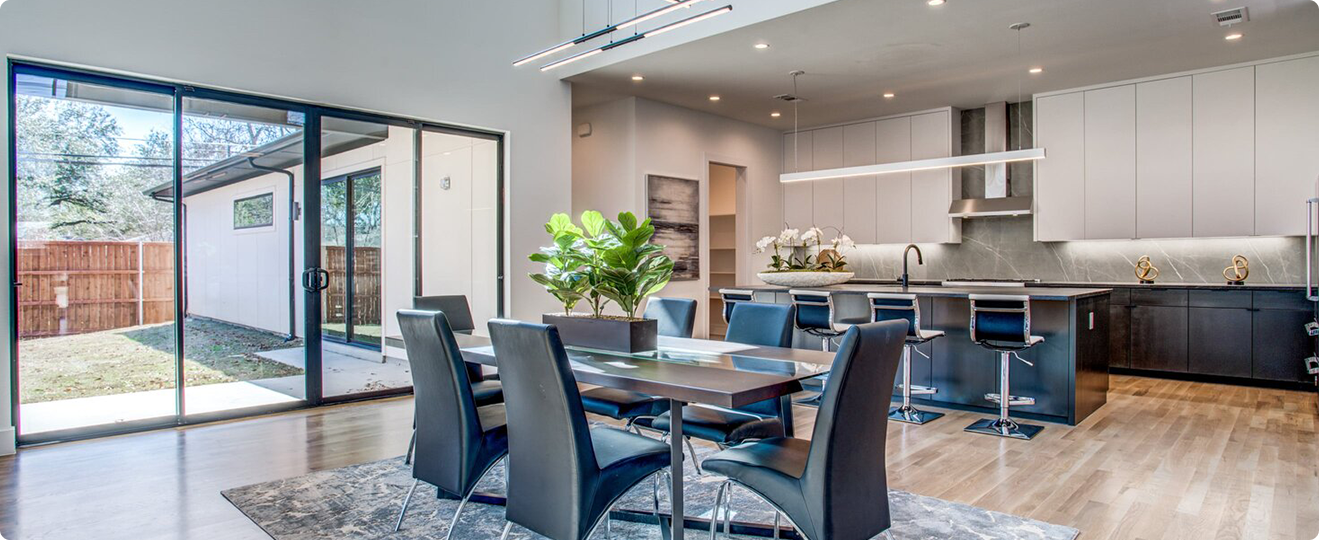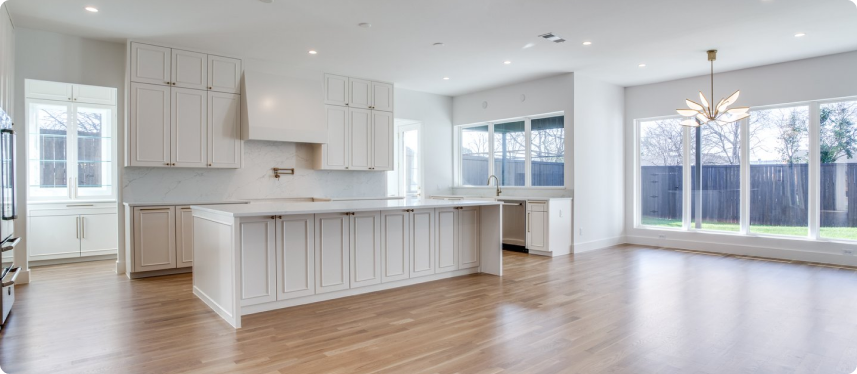

The Story Behind the Writer
James Miller is an experienced ADU designer with a passion for crafting innovative and practical living spaces. With years of experience in the ADU construction industry, James helps homeowners transform their properties by designing ADUs that seamlessly integrate with their existing structures and meet all their unique needs.
Pre-Inspection Requirements
Here are some common pre-inspection requirements that you will need to fulfil:
Permits
The permitting process can involve multiple permits, depending on the specifics of your project. Your contractor or ADU specialist can help you navigate the permitting process and ensure you have all necessary permits before construction begins.
Building Plans
You will need to have detailed building plans for your attached ADU project. These plans must include all structural elements, plumbing, electrical, and HVAC systems. Building plans must be approved by your local jurisdiction before construction can begin.
Site Preparation
The site where you plan to build your attached ADU must be prepared by local regulations. This may involve obtaining a site inspection and addressing any issues identified during the inspection. Site preparation may also include grading, excavation, and other site work.
Necessary Documents and Inspections Required
| Documents and Inspection | Description |
| Building Plans | Detailed building plans outlining the design and construction of the ADU must be submitted to the city for approval. |
| Permits | Building permits must be obtained before construction can begin, and they must show that the construction work will comply with all applicable codes and regulations. |
| Plumbing and Electrical Permits | In addition to the building permit, separate plumbing and electrical work permits must be obtained. |
| Inspections | These inspections typically include a foundation inspection, framing inspection, electrical inspection, plumbing inspection, and final inspection. |
| Certificate of Occupancy | Once all necessary inspections have been completed and the ADU is deemed compliant with all local regulations, a certificate of occupancy will be issued. This certificate allows the ADU to be occupied. |

Foundation and Framing Inspection
The inspection ensures the foundation is appropriately designed and constructed and meets all local building codes and safety standards. The framing inspection is required before insulation or drywall is installed to ensure that the framing is appropriately designed and installed and meets all local building codes and safety standards.
Insulation and Drywall Inspection
The insulation inspection ensures that the insulation is installed correctly, has the correct R-value, and meets local building codes and safety standards. The drywall inspection ensures that the drywall is installed correctly, including the spacing of screws and nails, and meets local building codes and safety standards.
Final Inspection
A final building inspection is required to ensure all local building codes and safety standards have been constructed in the attached ADU. A final electrical and plumbing inspection is required to verify that all electrical and plumbing work has been completed correctly.
Once all inspections have been completed and approved, a certificate of occupancy can be issued, verifying that the attached ADU is safe for occupancy and has been constructed by all local requirements and regulations.
Post-Construction Inspection Requirements
The post-construction inspection requirements for an attached ADU in the Bay Area may include obtaining additional permits if necessary to address any issues identified during the final inspection and completing the final cleanup and finishing touches to prepare the attached ADU for occupancy.
Don’t Risk Delays, Fines, or Other Setbacks
ADU Specialist Bay Area specializes in helping homeowners navigate the inspection process for attached ADUs in the Bay Area. Contact our team of experts who are highly knowledgeable about local regulations and can guide you through every step of the process, from obtaining permits to completing the final touches.
FAQs
The homeowner or their contractor is typically responsible for scheduling and completing the required inspections.
If the inspector identifies any issues during the inspection, additional permits may be required to address those issues before the attached ADU can be occupied.
The inspection process can vary depending on the project’s complexity, but it typically takes several weeks.
While it is not required, it is recommended that you or your contractor be present during the inspections to address any issues.
If the attached ADU fails the inspection, additional permits may be required to address any issues before the review can be repeated.